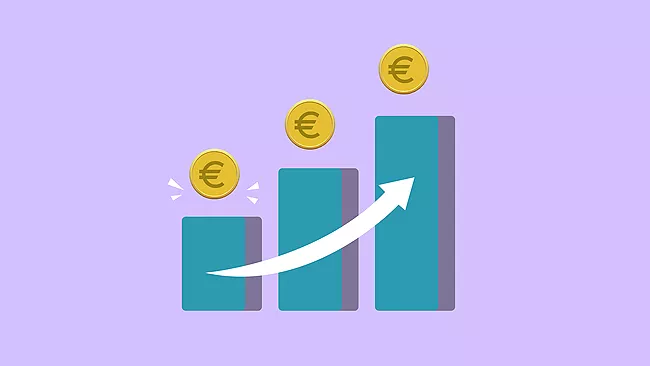PLUSVÀLUA MUNICIPAL
What is the "Plusvàlua municipal"?
The "plusvalía municipal," also known as the Tax on the Increase in Value of Urban Land (IIVTNU), is a local tax that levies the increase in value experienced by urban land upon its transfer, whether by sale, donation, inheritance, or another form of property transfer.
This tax is based on the cadastral value of the land and the period during which the owner has held it. The calculation of the "plusvalía municipal" considers two main elements:
1. Cadastral value of the land: This is an administrative value assigned to real estate properties and is used as the basis for various taxes, including the IIVTNU.
2. Time of ownership of the land: The tax considers the time the land has been in the owner's possession. The longer the period of ownership, the greater the increase in value for tax purposes.
The collection of this tax is carried out by the municipality where the land is located and applies only to urban land, excluding rural land.
In recent years, this tax has been subject to controversy and legal reforms, especially in Spain, due to various judicial rulings that questioned its application in situations where there was no actual increase in value, such as sales at a loss. These rulings have led to legislative changes to adapt the tax to the economic reality of real estate transactions.
In summary, the "plusvalía municipal" is a tax that levies the increase in value of urban land when a property transfer occurs, calculated based on the cadastral value of the land and the time of ownership.
